Neverland
- 6.2
- Adventure
- 2011
- 1h 20m
- 14+
a two-part fantasy miniseries that reimagines the origins of Peter Pan, Captain Hook, and other familiar characters. Set in a mystical world, the story follows Peter, a young orphan, who is transported to the magical island of Neverland. Along with a group of boys, Peter finds himself caught in a battle between the oppressive pirate Blackbeard and his own destiny as the leader of a rebellion. As Peter grows closer to the island's magic, he forms a deep bond with Tinker Bell and faces a growing rivalry with the ambitious James Hook, whose descent into villainy shapes the island’s fate. The miniseries explores themes of innocence, power, and the complexities of friendship, loyalty, and betrayal.

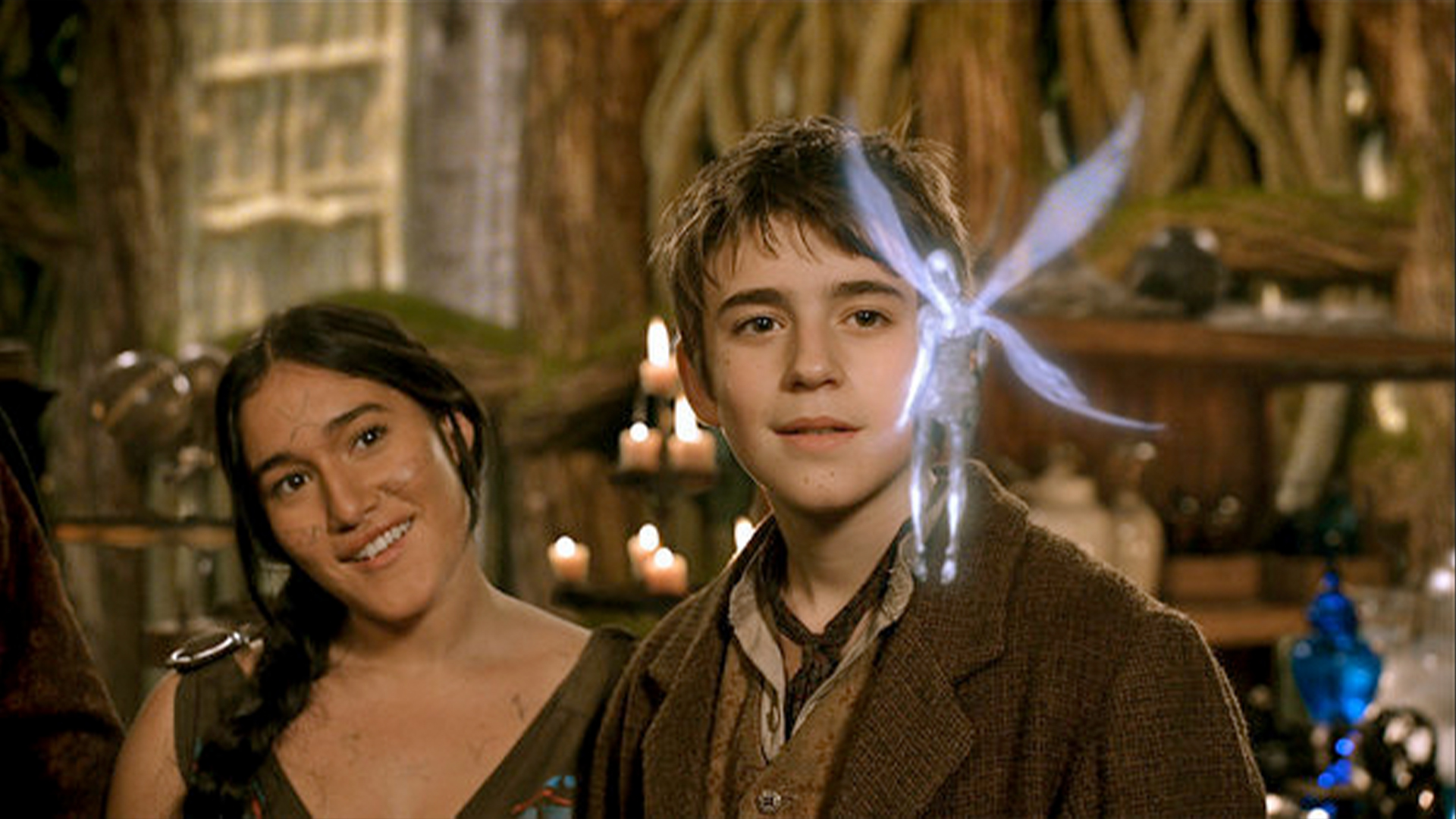
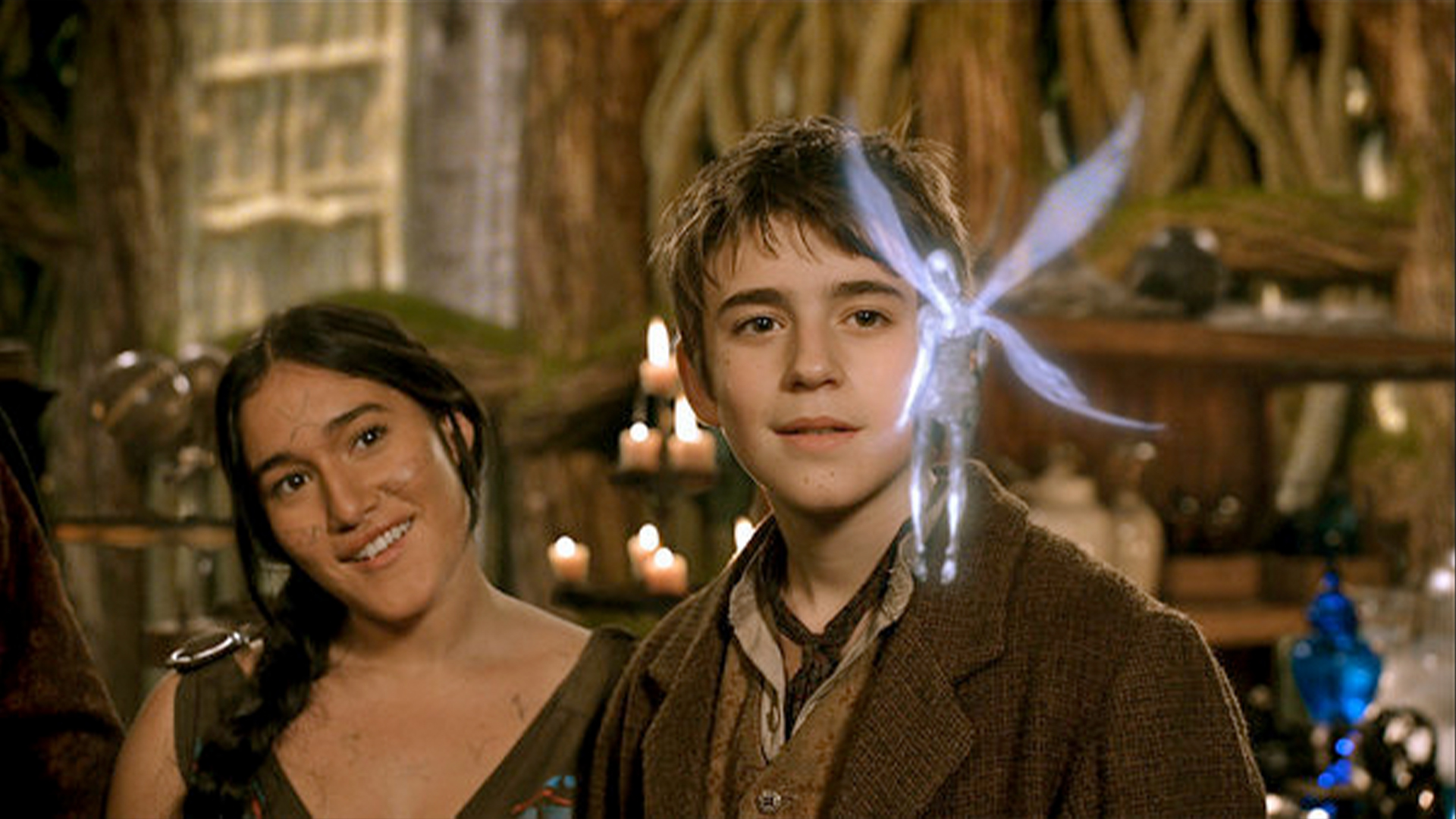
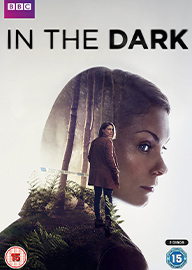
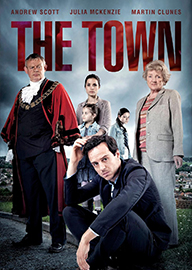
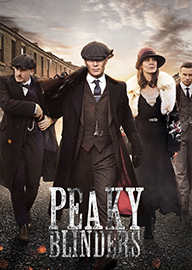
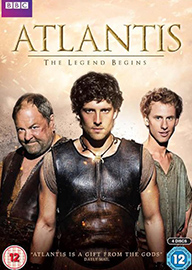








Comments
0Reviews
0Summery
1Please sign in to comment.
Please sign in to review.
Neverland (2011) is a two-part fantasy miniseries that reimagines the classic story of Peter Pan in a darker, more mature setting, blending adventure, magic, and emotional depth. Directed by Nick Willing, the miniseries explores the origins of Peter Pan, offering a fresh take on the well-known characters and themes from J.M. Barrie’s original tale. Set in a mystical and perilous world, Neverland delves into the backstories of Peter Pan and Captain Hook, showing their complex evolution from young boys to the iconic characters we know today. The story begins in Victorian London, where Peter, a boy living in an orphanage, embarks on a magical adventure that takes him to a strange, uncharted island filled with danger and wonder. The series combines elements of adventure, fantasy, and drama, with action-packed sequences, character-driven plots, and a deep exploration of the themes of good versus evil, loyalty, and the loss of innocence.
The story opens with Peter, an adventurous and resourceful orphan, living a difficult life in Victorian London. He is constantly seeking an escape from the orphanage and the oppressive system in which he is trapped. His life changes when he crosses paths with a mysterious man named Jimmy Hook (played by Charles Dance), who presents him with an opportunity to escape to a strange, uncharted land—a place that promises freedom and a sense of purpose. Peter, desperate for a way out, agrees to join Jimmy and a group of other boys on a voyage across the sea. Their journey leads them to the magical island of Neverland, a place where the rules of reality seem to bend and where everything, from the creatures to the weather, is alive with magic. However, Neverland is far from the paradise they had imagined; it is a land full of danger, dark forces, and strange creatures, setting the stage for the boys’ transformation into the characters of legend.
Upon their arrival in Neverland, Peter and the boys quickly discover that the island is not the idyllic refuge they had hoped for. The island is ruled by an enigmatic and powerful figure known as the Blackbeard (played by Bob Hoskins), a notorious pirate whose quest for immortality and power has brought ruin to the land. He is a force of darkness, and his rule over Neverland is oppressive and terrifying. As the boys get caught up in Blackbeard's sinister plans, they begin to experience the island’s strange magic, which affects each of them in different ways. Peter, in particular, finds that he has a special connection to Neverland, a connection that links him to the island’s power and its potential for both creation and destruction. As Peter’s relationship with Blackbeard becomes increasingly complicated, Peter begins to forge alliances with other inhabitants of the island, including Tinker Bell (played by Rachel Hurd-Wood), a feisty and independent fairy who holds the secrets of Neverland’s magic. Through their interactions, Peter starts to learn more about the true nature of the island and his role within it.
At the same time, the show explores the burgeoning rivalry between Peter and James Hook (played by Rhys Ifans), who is also a young man in this version of the story. Hook is not yet the villainous pirate captain but is a fellow boy stranded on the island who gradually transforms into the bitter antagonist we associate with the classic tale. In this version, Hook is a complex character who is initially motivated by a desire for power and control but whose relationship with Peter becomes increasingly strained. The miniseries delves into the emotional and psychological journeys of both characters as they navigate their growing animosity and complicated friendship. Hook’s transformation into the menacing pirate captain is gradual and rooted in the events of the island, including his betrayal by those he trusts and his realization that he is not the hero of his own story. The dynamic between Peter and Hook is at the heart of the series, with each character challenging the other in a battle between innocence and corruption, freedom and tyranny.
The second half of Neverland dives deeper into the consequences of the choices made by the characters. As the boys’ adventures take darker turns, Peter finds himself grappling with the reality of his new life in Neverland. His relationship with Tinker Bell deepens, and the two develop a bond that is at once romantic and protective, as Tinker Bell becomes one of the few people Peter can trust on the island. Meanwhile, Hook, who has become increasingly consumed by his desire for revenge and power, begins to forge his own path to domination. His transformation into Captain Hook is depicted with a sense of tragic inevitability, as he slowly loses his humanity in his pursuit of vengeance against Peter. The island’s magic plays a significant role in shaping the characters, and by the end of the series, Neverland is transformed into a place of both wonder and sorrow, as the boys’ innocence is lost and their fates sealed. The final showdown between Peter and Hook is an emotionally charged battle that ties together the themes of the miniseries, with the characters facing the consequences of their choices and the realization that they are trapped in a cycle of conflict that will continue for years to come.
Neverland (2011) ultimately presents a unique take on the Peter Pan mythos, blending the familiar elements of the story with new interpretations and a fresh narrative structure. The series is not simply a retelling of Peter Pan’s adventures; it is a reimagining of the characters’ origins, motivations, and destinies. It delves into the complexities of growing up, the loss of innocence, and the internal struggles that drive the characters to become the iconic figures they are in the original story. The relationship between Peter and Hook, in particular, is explored with depth and nuance, offering a compelling look at how two boys who were once friends can evolve into bitter enemies. The miniseries is filled with action, suspense, and emotional drama, making it an engaging experience for both fans of the original Peter Pan story and those looking for a more mature, layered narrative. The performances of the cast, particularly Rhys Ifans as Hook and Bob Hoskins as Blackbeard, add to the intensity and emotional weight of the story, making Neverland a captivating reimagining of a classic tale.
Neverland also touches on the timeless theme of freedom versus responsibility. The boys are all searching for a sense of belonging and purpose, and Neverland offers them both an escape from their previous lives and a place where they can carve out new identities. However, as the series unfolds, it becomes clear that their arrival in Neverland comes with a price. The magical island, with all its wonder, also has its dark side, and the boys must come to terms with the consequences of their actions. Peter’s journey, in particular, becomes one of self-discovery, as he learns that freedom comes with great responsibility and that the choices he makes will shape not only his own future but the future of those around him. The series explores how power, whether magical or personal, can corrupt, and how the desire for control can lead to self-destruction. Ultimately, Neverland serves as a story about the clash between innocence and experience, youth and age, and the complex transition from childhood to adulthood.